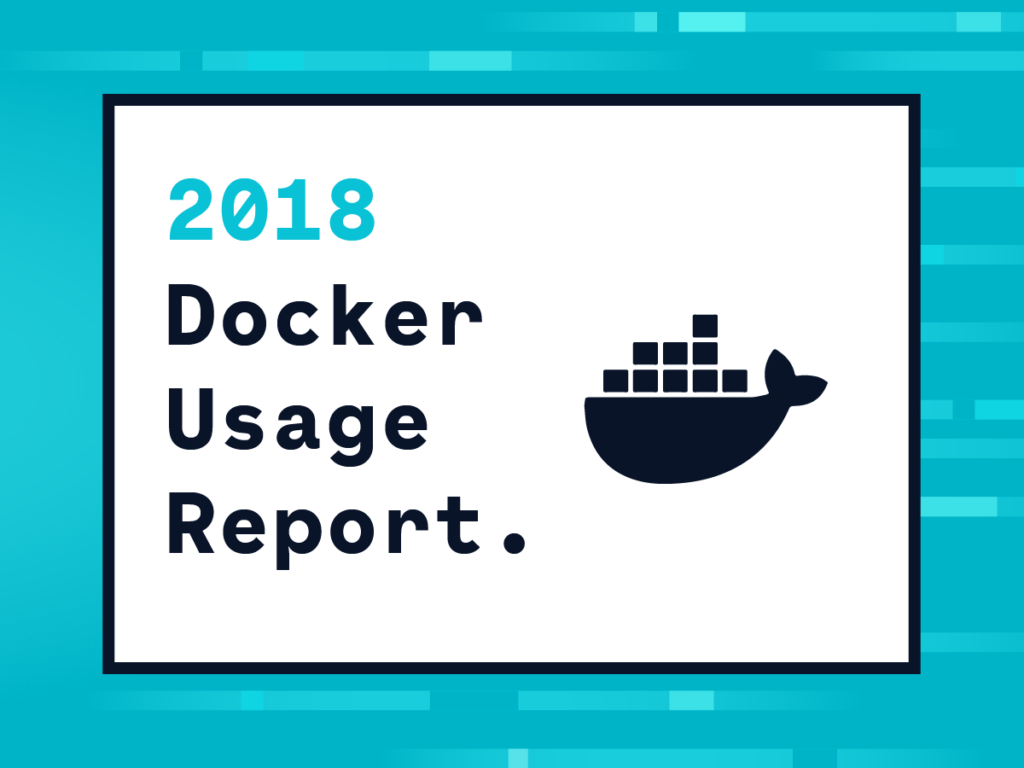 INFRA
INFRA
 INFRA
INFRA
 INFRA
INFRA
Software container adoption is hot as users increase their deployments of the technology for perceived advantages that include squeezing more performance out of their data center resources and accelerating application delivery.
Those are the chief findings of a new study on Docker container usage published by the container monitoring company Sysdig Inc. Tuesday. The report found that the median number of containers per server has risen by 50 percent in the last year, to 15. In one case, a single user reported running 154 software containers on a single host, which is “a lot of containers,” Sysdig said in its report.
Software containers have taken the developer community by storm. They provide an alternative infrastructure for software development to traditional virtualization, abstracting away the underlying hardware and operating system so that apps can be built just once and run anywhere.
Sysdig said Docker Engine is far and away the most popular container “runtime,” used by 83 percent of all containers currently in production. Still, Sysdig said the container landscape continues to evolve, as evidenced by Red Hat Inc.’s acquisition this year of CoreOS Inc., whose rkt runtime is the second most popular. Rkt has seen its adoption rise over the last year and is now used in 12 percent of all container deployments.
Sysdig also noted the Open Container Initiative’s ongoing efforts to establish industry standards for container runtimes and image specifications, and said this is helping to promote “portability” with containers. As a result, users “have a greater comfort level with using ‘non-Docker’ solutions in production,” Sysdig said.
Sysdig said Java virtual machines are the most popular application for containers, followed by open-source platforms such as CoreOS’s etcd distributed key value store, which is used to store data across clusters of VMs. However, databases such as MongoDB and PostgreSQL are fast catching up as popular use cases for containers as companies’ fears around using the technology to store valuable corporate data subside.
“The ephemeral nature of containers left many concerned about running services that collect valuable corporate data in containers,” Sysdig said. “The concern appears to be easing as the data suggests customers are beginning to move to environments completely driven by containers.”
The study also took a long look at the software used to manage container deployments, confirming the widely held view that Kubernetes is the most dominant platform with an 82 percent market share. Sysdig noted that all of the key public cloud players have added support for Kubernetes, in addition to companies such as Docker Inc. and Mesosphere Inc., which also offer their own container orchestration alternatives. That underscores how Kubernetes has emerged as the “de facto industry standard,” the report noted.
Interestingly, however, Sysdig noted that Kubernetes’ dominance is likely influenced by the number of clusters that most enterprises run. The report found that with large deployments of 50 or more clusters, Mesosphere’s Marathon container orchestrator is actually the most popular, while deployments with just a handful of clusters typically rely on Docker Swarm. The middle ground is pretty much dominated by Kubernetes.
“Mesos clusters are typically enterprise-scale,” Sysdig said.
THANK YOU